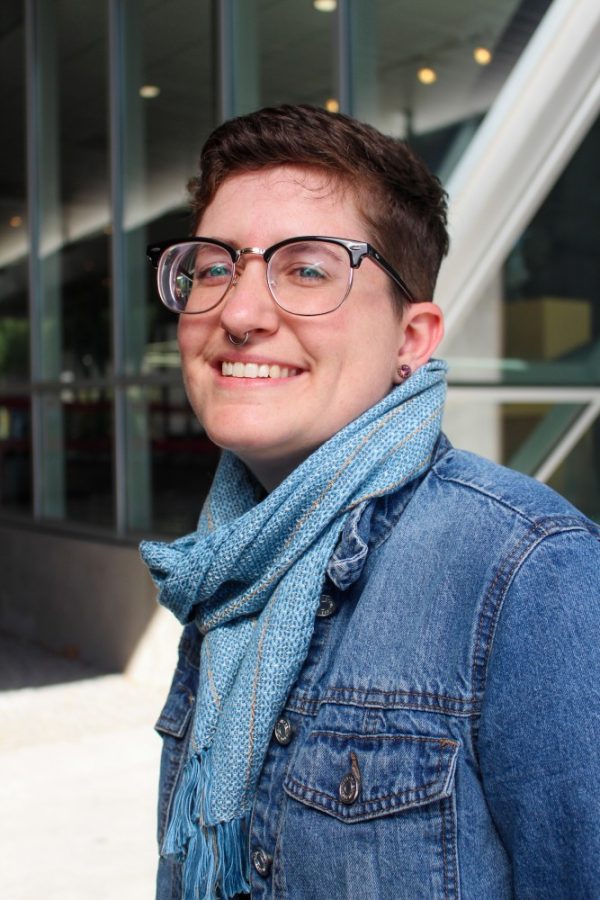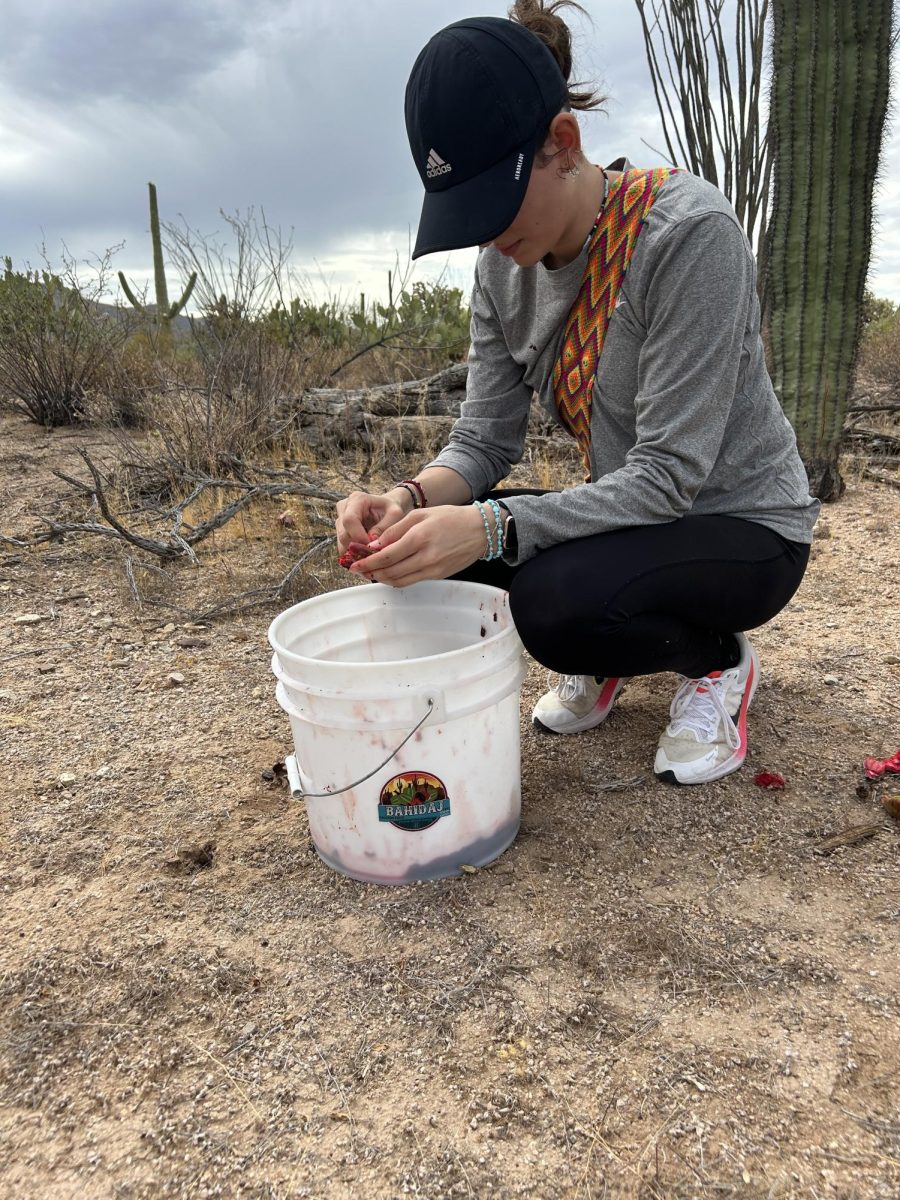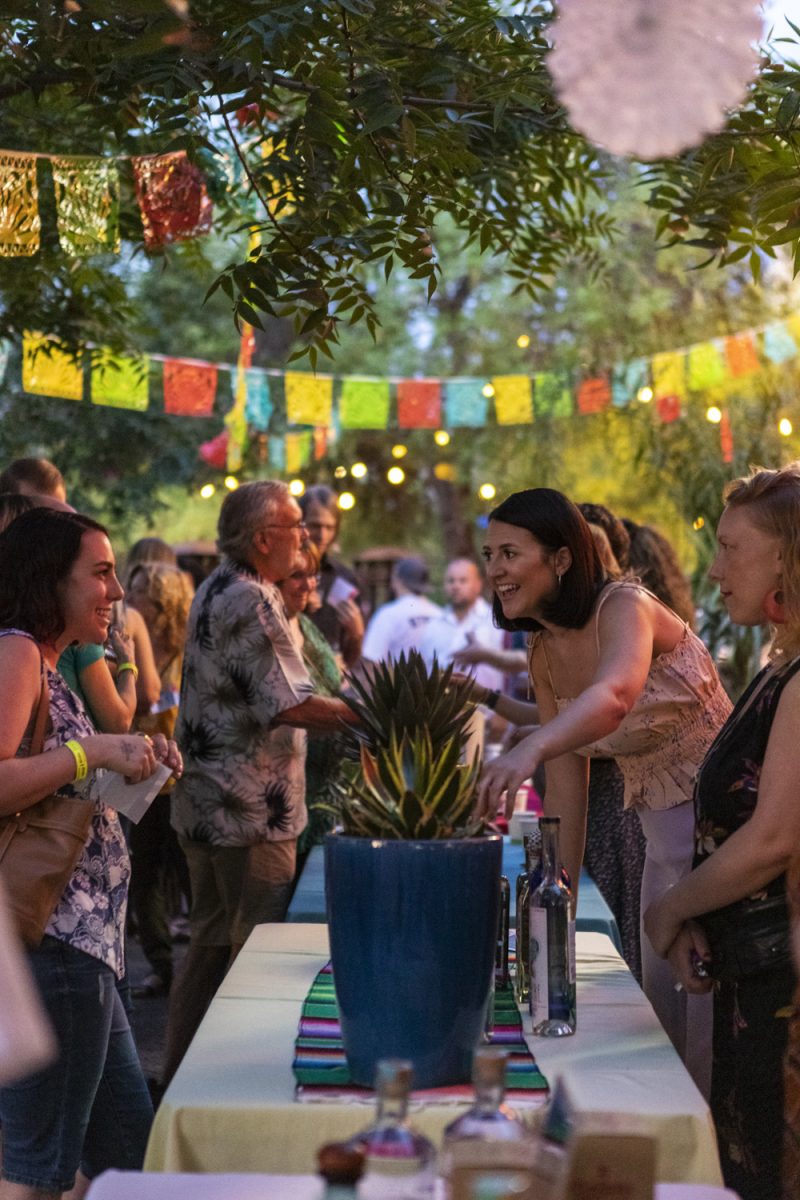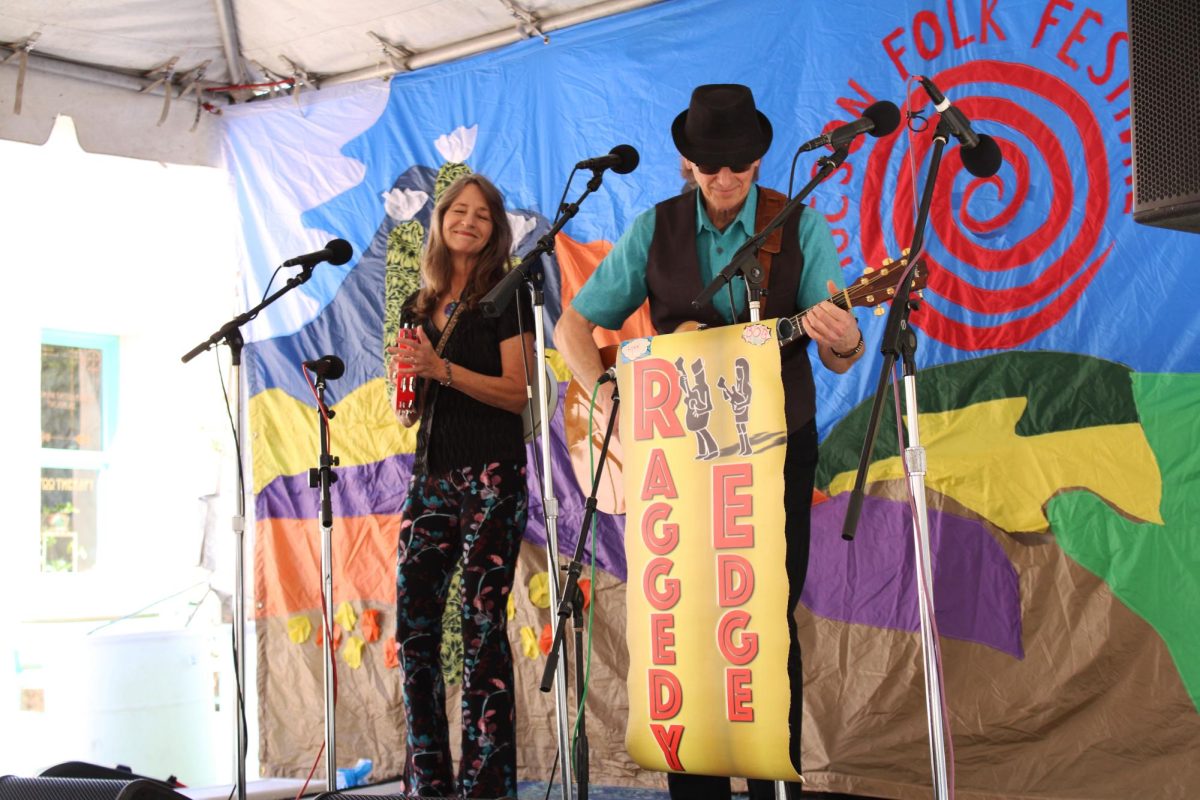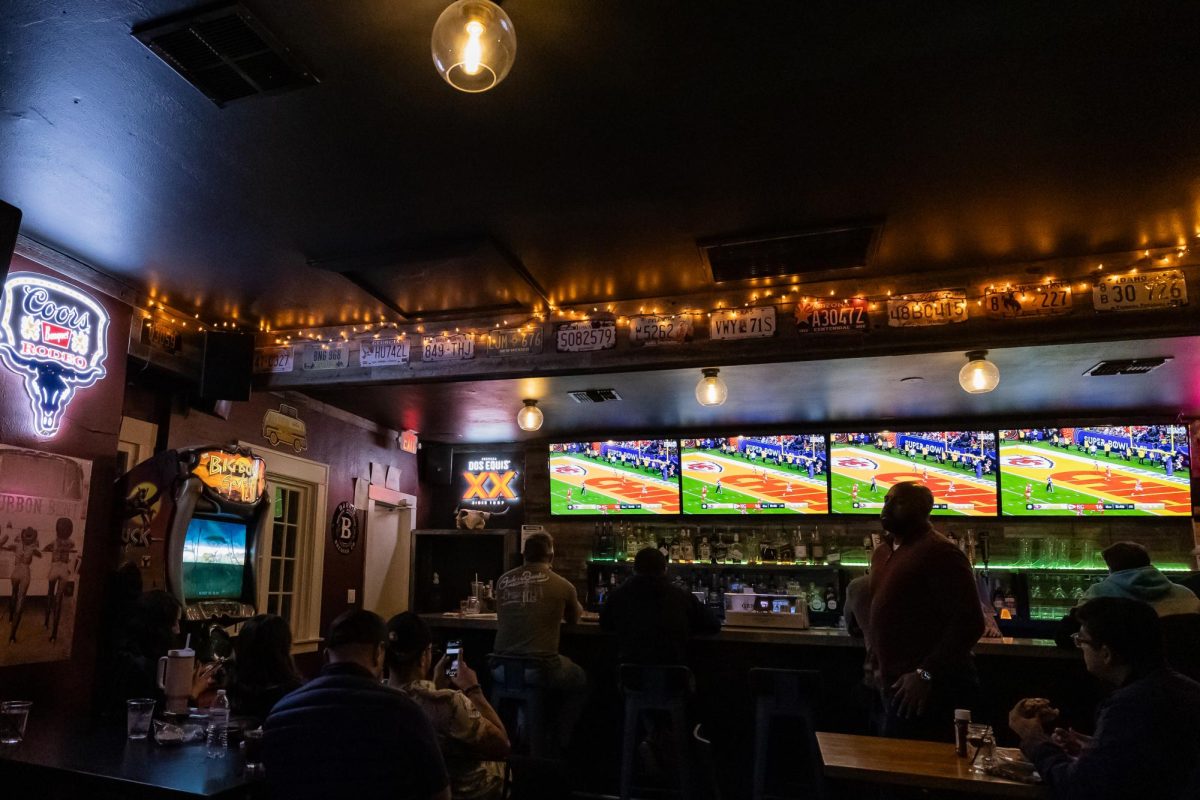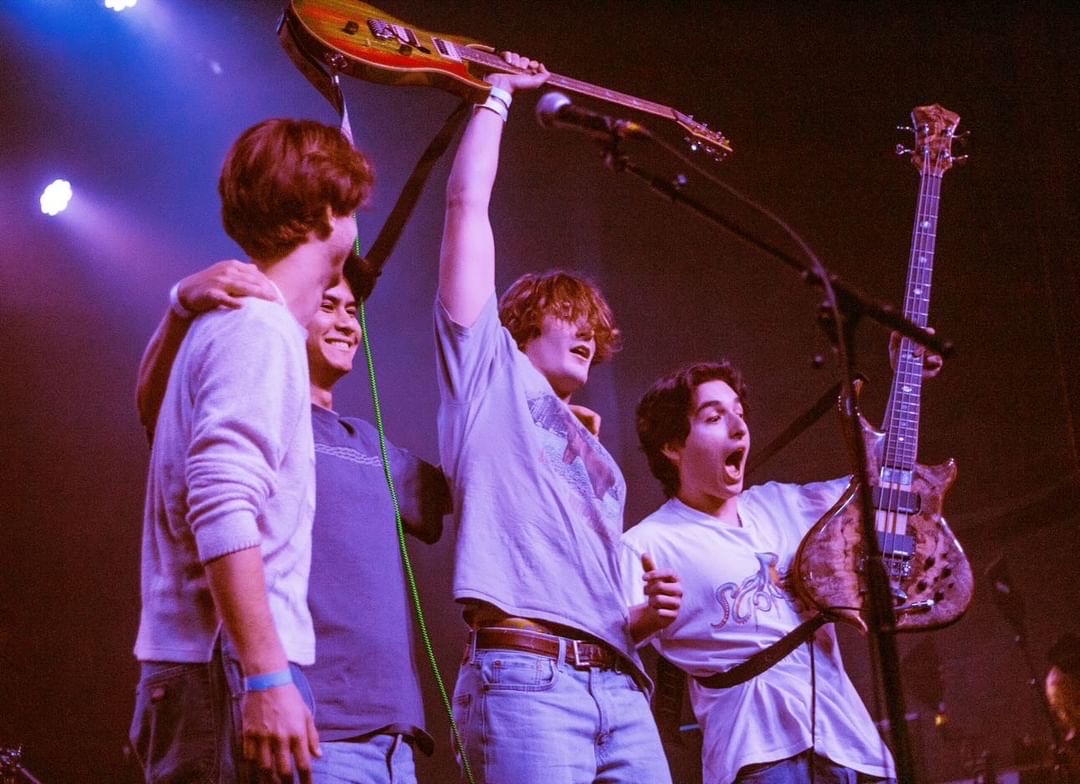Shopping at the local grocery store, bargaining for produce at the farmer’s market, holiday dinners and eating a meal with friends — food can be a great avenue for interaction and conversation. Can it also be a serious topic of literature?
According to Wren Awry, the instructor of a current culinary writing workshop at the University of Arizona Poetry Center, yes.
Running from Oct. 15 through Nov. 5., “Food is Connected to Everything: Writing the Culinary Essay” is a four week workshop that gives community members the opportunity to digest and discuss how food is present in everyday life.
“I like that food can provide a lens into other things,” Awry said. “There’s this way to kind of weave food into other topics or use it to talk about other things.”
RELATED: UA offers writing program for prison reform
Throughout the workshop, participants will cover several genres of writing, from nonfiction essays to more intimate memoirs, all through this culinary lens.
When Awry isn’t working at the Poetry Center, they are writing and reading about food. This interest ultimately inspired them to create the workshop.
“I wanted to share some of the things that I was reading to other people,” Awry said. “I also really love having conversations and learning from other people, so it was exciting to think about getting a bunch of different folks in a room to talk about food and writing about food.”
During the workshop meetings, Awry provides their students with readings from prominent food authors, feedback on their students’ work and writing prompts.
Awry often draws inspiration for these writing prompts from other food writers.
One exercise they created was based on a question posed by Arizona Public Meeting reporter Mark McLemore: “What food did you love as a child that you can’t get anymore?”
“I thought that was such a great question, so we did a writing exercise based on that,” Awry said. “We also did a writing exercise that was writing about food travel, inspired by Jessica Harris, who is a historian and food writer.”
The workshop isn’t the only food-related event happening at the Poetry Center.
“Come to the Table” is an exhibition focused on food and poetry. Awry and Leela Denver, the senior library assistant at the Poetry Center, collaborated on the exhibition, which runs until Nov. 23.
The exhibition began as an exploration of how poets write about different stages of food experience, according to Denver.
“I am a poet myself and I have always written about food. Food is really important to my childhood,” Denver said. “I write a lot about my relationship with my family, so food always comes into the picture.”
Aside from featuring works from various authors, the exhibition has an interactive aspect that allows people to make connections between their life and food.
RELATED: Bringing words to life through UA Prose Series
According to Denver, she and Awry have collected quite a few sticky notes with those connections from attendants at the exhibition. The notes are placed on a large piece of paper.
“People can write on sticky notes what Tucson tastes like to them,” Denver said. “The idea is that it’s kind of a collaborative community poem.”
Laura Vázquez Blázquez, an additional curator of the exhibition, contributed a presentation that features poems associated with food, culture, community and memories from the U.S. and Mexico border.
According to Blázquez, everything about culture, identity and our relationship with nature can be defined through food.
“Food has long been used in and as different cultural and artistic artifacts,” Blázquez said. “Therefore, it is important that we also showcase its presence in literature. It is relevant that we provide a space and exposure to those poets who contributed to the cultural heritage, the memory and the experience of the U.S. and Mexico borderlands.”
Denver said that food not only brings communities together, but is something everyone can relate to, making it a prime candidate for poetry.
“Sometimes poetry can be kind of scary to approach or kind of inaccessible if you aren’t familiar with it, but I think food is something that everyone shares, and I saw a lot of connections between food and poetry,” Denver said.
Awry doesn’t personally believe anything is universal, they said, but they do believe that food is something everyone experiences.
“Eating is part of how we survive on the day-to-day, so it seems like everyone I talk to has a story about food,” Awry said.
Awry told a story from a laundromat as an example of this.
They were in the laundromat when a woman asked them what they were reading. The book in question was an anthology of food writing.
“All of a sudden, she was telling me about this lasagna recipe with bacon that she really loves,” Awry said. “All I did was tell her that I was reading an anthology of food writing. [Food] connects with a lot of people.”



